Reportage

Prime Minister Sheikh Hasina. Photo: bdembassybangkok.org
Dhaka, Tokyo to elevate bilateral ties to ‘strategic partnership’
In May, 2014, former Prime Minister Shinzo Abe held a summit meeting with Prime Minister Sheikh Hasina in Tokyo and they jointly launched the "Bangladesh-Japan Comprehensive Partnership." In September same year, Abe held a summit meeting with Hasina in Dhaka.
Japan recognised Bangladesh as a sovereign nation on February 10, 1972, and the year 2022 marks the 50th anniversary of the establishment of diplomatic relations between Bangladesh and Japan.
Bangladesh will seek Japan's "stronger engagement" in its development efforts through "investment and financing" in major projects during Prime Minister Sheikh Hasina's forthcoming visit to Japan slated for November 29-December 1, 2022 at the invitation of Japanese Prime Minister Fumio Kishida.
"We are happy with Japan looking at the areas (mega projects) where they are working," Foreign Minister AK Abdul Momen told UNB.
He said Japan is a "good investor" for Bangladesh, and they are implementing major projects. Now Bangladesh seeks more financing for important projects from Japan.
"The basic idea is Japan is capable of financing and they always finance without any tough conditions. They have technology, too," Momen said.
Countries like Japan and Singapore are interested in the management of the third terminal of Hazrat Shahjalal International Airport (HSIA). "We will see and evaluate (for taking a decision)," Momen said.
He said Japan is also interested in providing port facilities and management. "We have not made any decision yet."
Asked whether Bangladesh will seek financing for the second Padma Bridge in Bangladesh, Momen said, "That could be an issue, but it depends (on the decision at the inter-ministerial meeting."
He said seeking financing and technology for the underground railway project. "That could be an issue, too. These are all in the discussion. Nothing has been finalised yet."
Responding to a question, the foreign minister said Bangladesh will also seek Japan's "proactive engagement" on the Rohingya issue as their repatriation is yet to start.
Japanese Ambassador to Bangladesh Ito Naoki said they want to see the start of Rohingya repatriation and his country will continue to help to that end.
Bangladesh is now hosting over 1.1 million Rohingyas who have fled their homeland in Rakhine State after being persecuted by Myanmar military.
Asked about defence cooperation, Momen said the Japanese side is interested in selling defence equipment to Bangladesh, but Bangladesh's general policy is to ensure people's welfare.
"We want to feed our people first, provide shelter, healthcare and education. Then, we will look into other issues," he said, highlighting Bangladesh's priority.
Japan sees Bangladesh as a "rapidly developing economy" and an "attractive" investment destination.
Located at the nodal point between Southeast Asia and the Indian subcontinent, Japan also sees Bangladesh as an "important partner" in realising a "free and open Indo-Pacific".
Momen said Bangladesh believes that the Indo Pacific region should be "free, inclusive and navigable" for all without any "encumbrances."
Asked whether Japanese Prime Minister Fumio Kishida will be invited during the partial inauguration of the metro rail in Bangladesh, Momen said they will look into it.
Momen recently visited Japan and paid tribute to former Prime Minister Abe attending his state funeral in Tokyo on behalf of the government and the people of Bangladesh after he was assassinated.
Bangladesh and Japan want to elevate the bilateral relations to 'strategic partnership' level during Prime Minister Sheikh Hasina's upcoming visit to Japan.
The planned visit was discussed when the Director General of Southeast and Southwest Asian Affairs of Japan's Ministry of Foreign Affairs Arima Yutaka met Foreign Secretary Masud Bin Momen in Dhaka on October 27, 2022.
At the meeting, both sides expressed satisfaction at the growing bilateral relations between the two countries.
They particularly highlighted the visit of Prime Minister Sheikh Hasina to Japan in May 2014, when she and the then Prime Minister of Japan Shinzo Abe elevated the bilateral relations between the countries to 'Comprehensive Partnership' level, and also the visit of Shinzo Abe to Bangladesh in September 2014, when the two countries forged deeper economic partnership under BIG-B.
Both sides expected that during PM Hasina's upcoming visit, Bangladesh and Japan would foster deeper economic partnership in terms of development cooperation, trade and investment, human resources development, agriculture, ICT, education, defence dialogue and exchanges, people-to-people connectivity, repatriation of Rohingyas, etc.
The two sides also expressed the desire to enhance cooperation in international fora, including on climate change, UN reforms, disarmament and non-proliferation, etc.
Ambassador of Japan to Bangladesh Ito Naoki and Director General (East Asia and Pacific) of the Ministry of Foreign Affairs also joined the meeting.
The Director General of the Ministry of Foreign Affairs of Japan is on a two-day visit to Dhaka to discuss the preparations of Prime Minister Sheikh Hasina's upcoming visit to Japan.













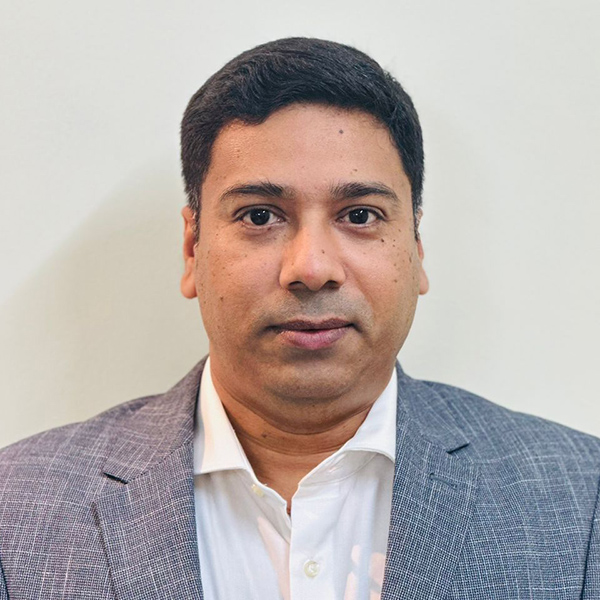





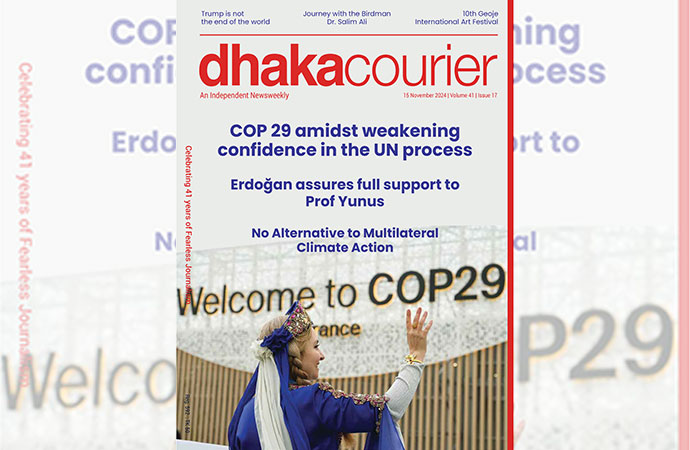
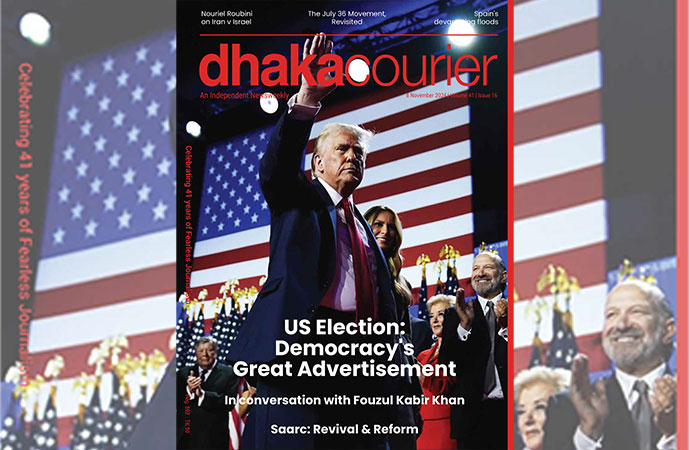
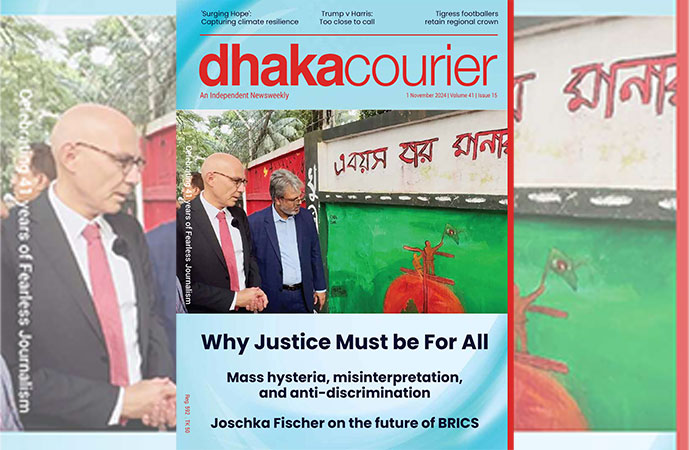
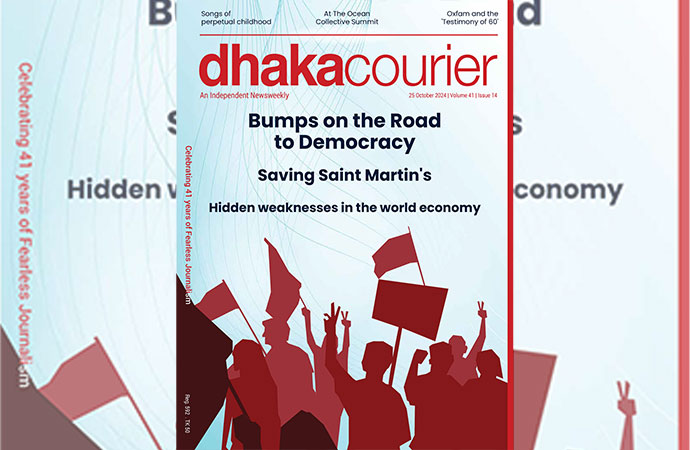


Leave a Comment
Recent Posts
27 envoys of European countrie ...
Diplomats representing 27 European countries, stationed in Dhaka and N ...
Unity to tackle climate change ...
There is no doubt that climate change is occurring and has the potenti ...
Mismanagement and overcrowding plague Dhaka Medical ..
Remarkable achievement for Bangladeshi artists at th ..
We need new economic framework that serves planet, p ..
Prof Yunus calls for mobilising "intellectual, finan ..